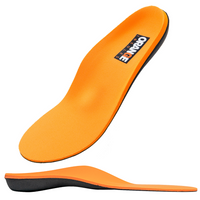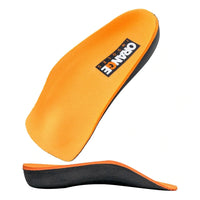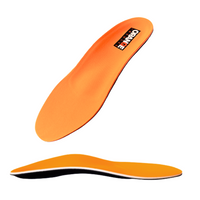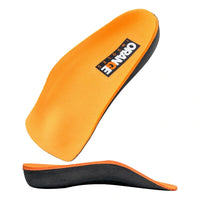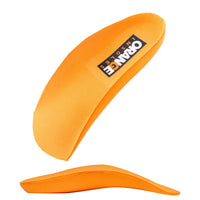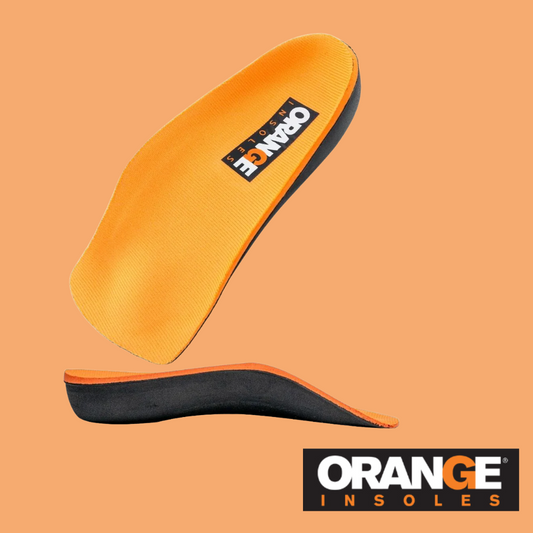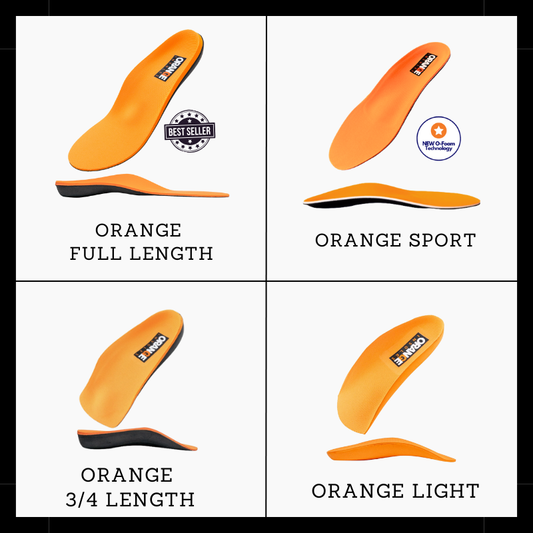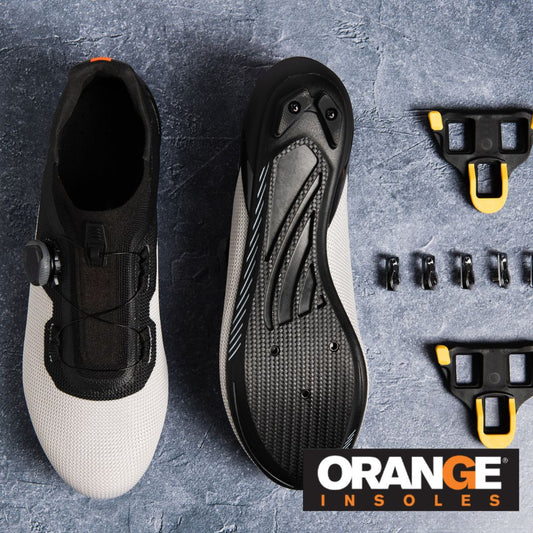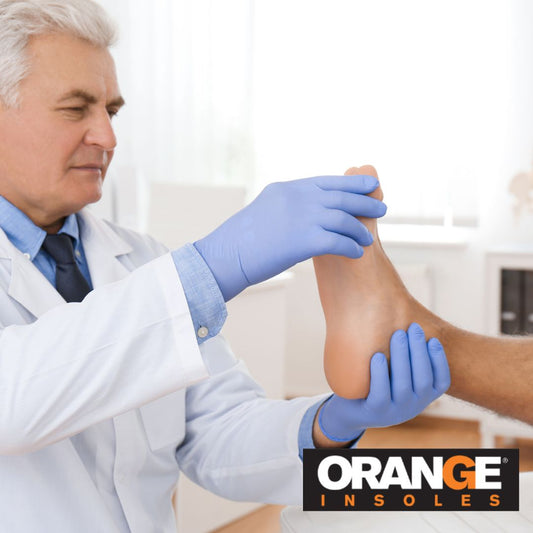What is Morton’s Neuroma?
A neuroma occurs when nerve tissue thickens. Morton’s Neuroma is the term for this thickening of tissue on the foot, more specifically between the third and fourth toes.
When a nerve is compressed or irritated, it tends to thicken. This thickening and enlargement will cause irritation, foot pain and possible permanent nerve damage.
Causes of Morton’s Neuroma
Since Morton’s Neuroma is caused by compression or irritation of the nerve, anything that pushes the foot into unnatural shapes can cause a neuroma. Some common causes are shoes with a tapered toe or high-heeled shoes that squish your foot or toes. People with foot issues like hammertoe or flat feet have a higher risk of developing a neuroma.
Symptoms of Morton’s Neuroma
- Tingling, numbness
- Burning
- Pain in the ball of the foot
- A feeling like something is inside the ball of your foot
- A feeling like there is something in your shoe
Symptoms often start small and might be more annoying than painful. They might occur during strenuous activity and then go away when you massage your foot or remove your shoe. But, over time, the symptoms will get worse and more frequent, sometimes lasting for several days or weeks. As the neuroma grows, the symptoms will get worse. Once this happens, any damage to the nerve could be permanent.
Diagnoses and Treatment of Morton’s Neuroma
If you have the above symptoms that persist even after you stop a particular activity or change shoes, it’s a good idea to see a doctor. Your doctor will be able to diagnose a neuroma just by looking but they might want to do other tests, just as x-rays or ultrasounds, to rule out other types of injuries like fractures.
To treat your neuroma, your doctor will start small and then work their way to more advanced treatments if the condition doesn’t go away.
Easy or At-Home Treatments:
- Stretching
- Massaging the ball of the foot
- Rest
- Ice
Advanced Treatments and Prevention
If the condition persists, you may need injections or even surgery to treat your neuroma. To avoid these treatments, make sure you visit your doctor and stop strenuous activity at the first sign of pain.
To prevent a neuroma on your foot, here are a few suggestions:
- Avoid tight or high heeled shoes (for long periods of time)
- Wear padded socks
- Stretch and exercise your feet and ankles regularly
